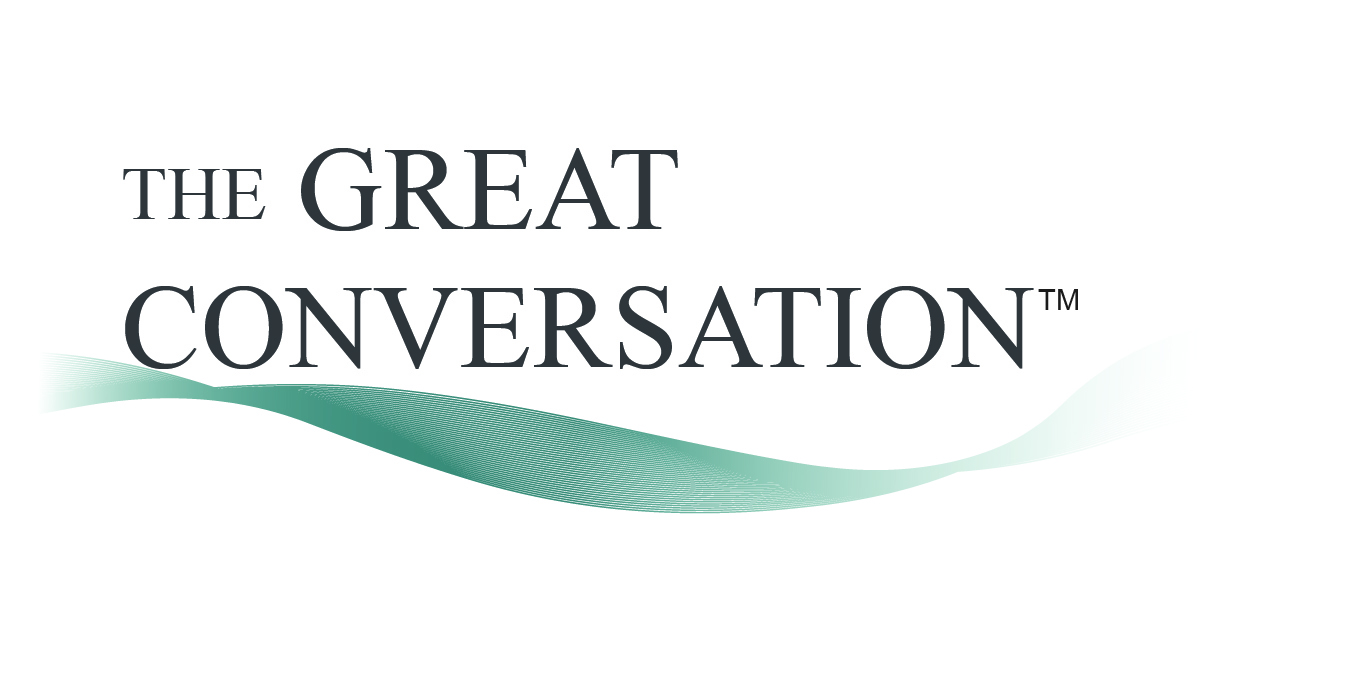Innovation is the positive response to crisis. We have three leaders this week who have taken what the world has supplied us and used it to strengthen their approach to their business. We find the core disciplines needed to thrive are still in place: leadership, organizational strength, a methodology for success, the resources needed to aggregate, manage, and communicate intelligence that will impact the business, and, finally, the rightsized technology to augment the human.
Nick Weber, a strategic risk consultant, sits down with us and we end up on a journey that starts with the nature of work to the nature of work in security today. We walk away acknowledging that this is a road less travelled.
We had just come off a call with Dr. Rob McKenna speaking about work life balance on his weekly, free leadership series. For Nick, work life balance is probably not an accurate term. He sees work as tied to purpose and passion and, therefore, as more of a river. A river is not linear. You ride the river allowing it to take you, but not control you.
We also talked about the unique problems with our critical infrastructure as well as a surprising way of seeing how our dysfunction may have strengthened our resilience.
I asked Nick to treat me as a client and ask me the questions he would ask in his first meeting. They were questions designed to measure my program as well as my leadership. I think you will appreciate the approach.
Kip Boyle, the CEO of Cyber Risk Opportunities, runs a virtual CISO for business leaders who need leadership and advice in protecting their companies. Seasoned decision makers that are held back by a threat or a perceived lack of discipline that is constraining their business but cannot afford a full-time leader or a team, turn to Kip for “fractional” ownership over the cyber risk.
We are seeing the idea of renting a CSO or CISO is becoming more urgent given the state of risk, the breadth of knowledge and resources needed to manage it, and the evolving landscape of technology. Like any business decision, it is multi-dimensional. He lists three examples of this in our conversation.
“A lot of decision makers have not caught on to the fact that cyber was once seen as obscure” said Kip. “Cyber is now a bonafide business risk, not just a technology issue. It should be a peer risk with operational line of businesses and disciplines that can threaten the viability and long-term prospects of the business.”
Kip terms this a management opportunity in his new book: Fire Doesn’t Innovate: The Executive’s Practical Guide to Thriving in the Face of Evolving Cyber Risks featured on our resource page.
Robert Dodge is the President of Corporate Risk Services at one of the largest security companies in the world; G4S. I wanted to pick his brain on how G4S is innovating in this rapidly changing world. What I discovered is an organization that can meet you where you are and rapidly shift to downsizing or scaling for growth to meet demand. Robert talks a lot about agility. And he has architected his services to meet the speed of a changing business climate.
One of the key pillars of the current and future strategy for growth is the Risk Operations Center (ROC). I was able to tour this in February before The Great Conversation in Palm Beach, Florida. This center contains predictive and proactive intelligence, executive protection, and real time command and control.
This fully leverages the 600,000 security professionals on the ground by marrying this “human sensor” with fully automated intelligence and monitoring. Robert called it “Intelligence-led Risk Management”. He has effectively converged the silos of excellence that have been architected over the last 65 years.
All three of our conversations pointed to a reimagination of leadership, and for Kip and Robert, the business model of security. Change is a constant. Risks are not going away. We need to invest in hiring and training for mindset, be it a vendor or an employee.
Enjoy the conversations. And remember, membership is free. The price for leveraging the knowledge: priceless.

